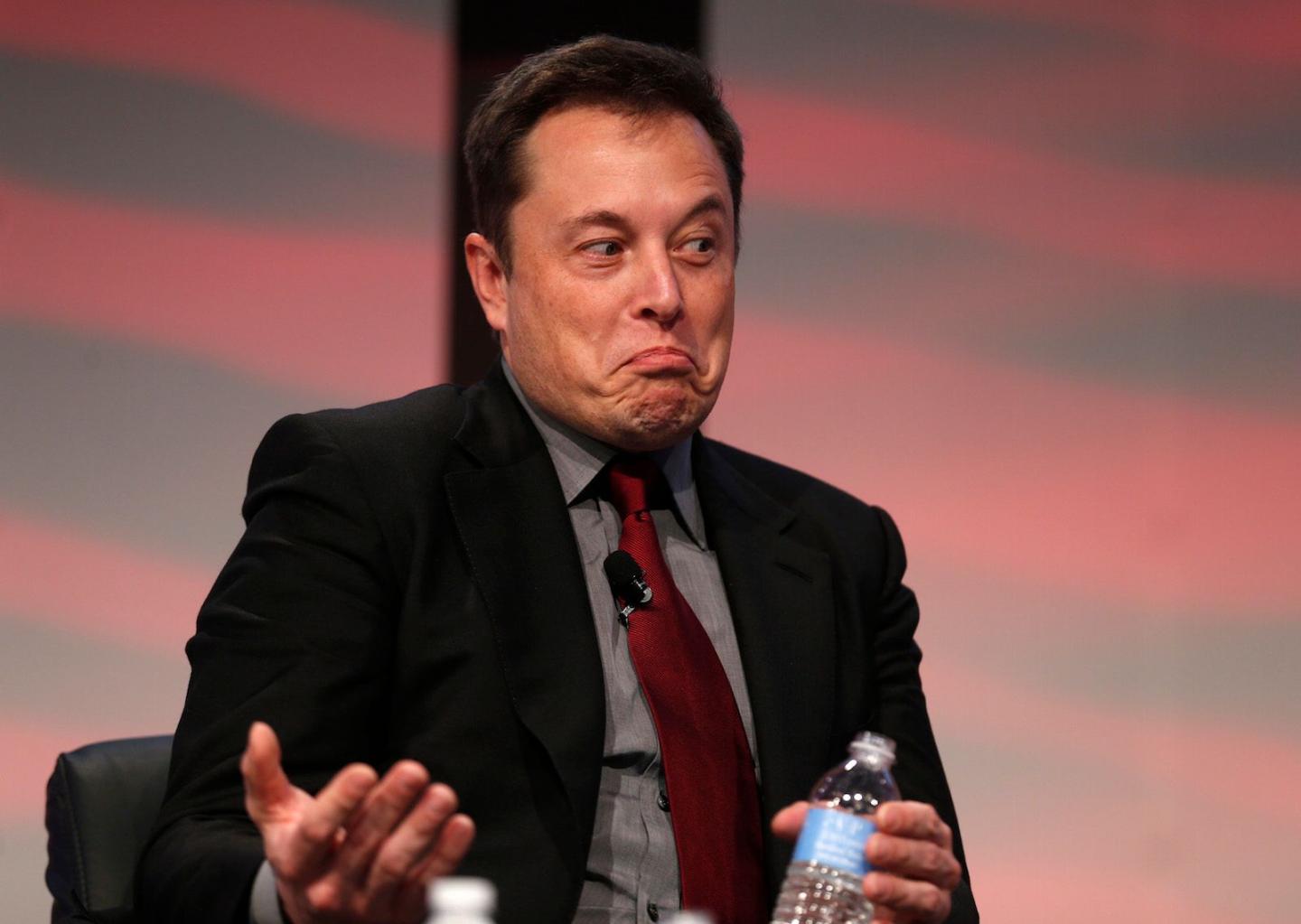Here’s Elon Musk’s rationale for taking Tesla private
Elon Musk is serious about taking Tesla private. His tweet today (Aug. 7) led to frantic speculation that the Tesla CEO was having a laugh on Twitter, or trolling short-sellers of the stock. No longer.


Elon Musk is serious about taking Tesla private. His tweet today (Aug. 7) led to frantic speculation that the Tesla CEO was having a laugh on Twitter, or trolling short-sellers of the stock. No longer.
Tesla published a blog post at 3:30pm ET today (a duplicate of an email sent to employees earlier in the day), outlining his rationale. Musk said no final decision has been made, but wants an ”environment for Tesla to operate best,” arguing public markets are a “major distraction.” He predicts Tesla could return to public markets once it has more predictable growth, but staying public is creating incentives for short-term thinking and attacks on the company by investors betting against Tesla.
Instead, Musk argues, Tesla needs to be more like SpaceX: private, focused on execution, and more operationally efficient. The post suggests today’s shareholders will have a choice to stay invested in a private Tesla, or sell their holdings at $420 per share, a roughly 20% premium over its recent stock price. Employees can stay invested, and periodically sell their holdings. There is no plan to merge SpaceX and Tesla, or alter Musk’s ownership stake in the company, he wrote.
Musk’s plan is a tall order. SpaceX is a much smaller company that builds a very different product: small volumes of highly specialized machines that cost millions of dollars. If its success is attributable to its status as a private company, the same benefits won’t automatically translate to Tesla’s effort to mass-produce millions of affordable electric vehicles and batteries, and invest in massive new factories.
There’s still the question of how a buyout would be financed. Typically, a company’s cash flow is used to help secure debt to complete the transaction. We have no idea how many investors might sell, but the $420 share price would give Tesla a value above $70 billion, meaning it might need tens of billions of dollars. Yet Tesla hasn’t recorded a profitable year since going public in 2010 (Musk has promised it will log profits in the second half of 2018), and it may need a massive infusion of cash if it’s going to deliver on its promises of the Model Y crossover, two new Gigafactories in Europe and China, and expanding its solar and battery business.
Musk said a final decision was up to shareholders. “If the process ends the way I expect it will,” he writes, “a private Tesla would ultimately be an enormous opportunity for all of us.”
You can read Musk’s entire letter here.